Event World Day
World Wetlands Day 2022 | Wetlands Action for People and Nature
About
World Wetlands Day, celebrated each year on 2 February, marks the date of the adoption of the Convention on Wetlands (Ramsar Convention) on 2 February 1971 in Ramsar, Iran.
Wetlands are among the world’s most diverse productive environments; cradles of biological diversity that provide the water and productivity upon which countless species of plants and animals depend for survival. Wetlands are indispensable for the countless benefits or “ecosystem services” that they provide humanity, ranging from freshwater supply, food and building materials, and biodiversity, to flood control, groundwater recharge, and climate change mitigation. Wetlands are also essential for biodiversity: though wetlands cover only around 6% of the Earth’s land surface, 40% of all plant and animal species live or breed in wetlands.
However, wetlands as the most threatened ecosystem. According to the World Heritage and Ramsar Conventions, 64% of the world’s wetlands have disappeared since the beginning of the last century. In most regions across the world, wetlands continue to decline compromising the benefits that wetlands provide to people. According to the Global Wetland Outlook, we lose wetlands three times faster than natural forests. Therefore, the conservation of wetlands is a vital task of humanity, which can help achieving the Sustainable Development Goals by 2030.
2022 Theme
The theme for the 2022 edition is Wetlands Action for People and Nature, and it highlights the importance of actions that ensure that wetlands are conserved and sustainably used. It is an appeal to invest financial, human and political capital to save the world’s wetlands from disappearing and to restore those we have degraded. The overriding message behind this year’s campaign is to Value, Manage, Restore, and of course — Love — Wetlands, because if we are to inspire action, we also must ignite greater empathy for these rapidly disappearing ecosystems.
- Value wetlands for the multiple benefits and nature-based solutions they provide for human well-being and a healthy planet.
- Manage wetlands wisely and use them sustainably so we can conserve them and maintain the health of these critically important ecosystems.
- Restore lost and degraded wetlands to revive the rich biodiversity and life found in these life-sustaining ecosystems.
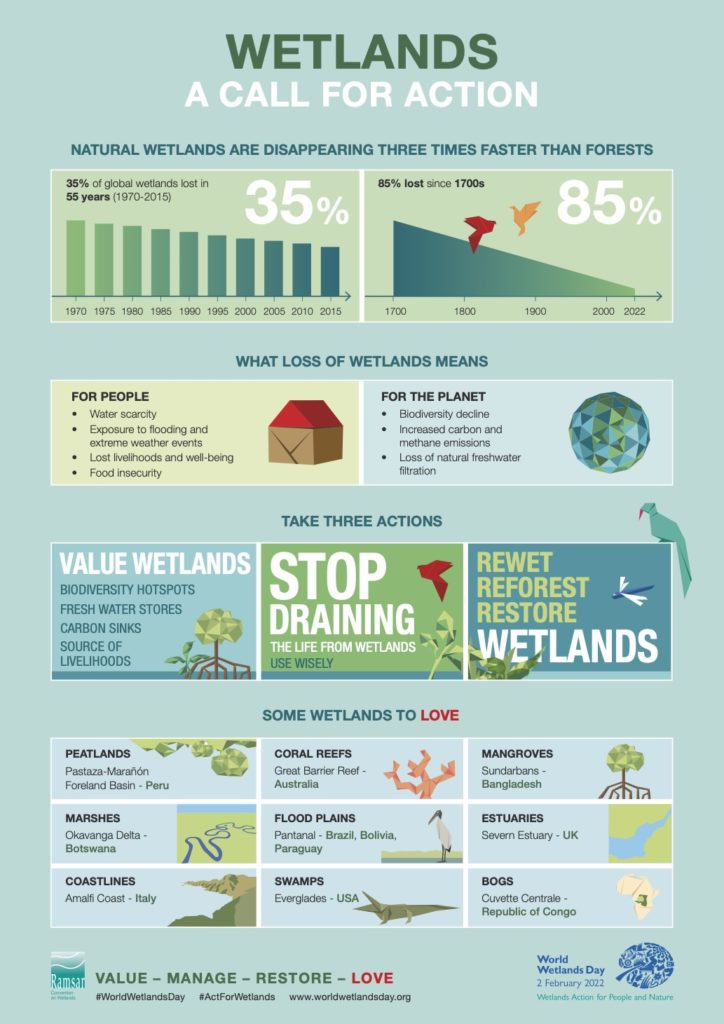
UN Decade on Restoration (2021-2030)
The UN Decade on Ecosystem Restoration calls for the protection and revival of ecosystems around the world for the benefit of people and nature. It aims to halt the degradation of ecosystems, and restore them to achieve global goals. Only with healthy ecosystems, such as wetlands, can we enhance people’s livelihoods, counteract climate change, and stop the collapse of biodiversity. The UN Decade runs from 2021 through 2030, which is also the deadline for the Sustainable Development Goals and the timeline scientists have identified as the last chance to prevent catastrophic climate change. Led by the United Nations Environment Programme (UNEP) and the Food and Agriculture Organization (FAO) of the United Nations, the UN Decade is building a strong, broad-based global movement to ramp up restoration and put the world on track for a sustainable future. That will include building political momentum for restoration as well as thousands of initiatives on the ground.
International Year of Artisanal Fisheries and Aquaculture
The United Nations General Assembly has declared 2022 the International Year of Artisanal Fisheries and Aquaculture (IYAFA 2022). FAO is the lead agency for celebrating the year in collaboration with other relevant organizations and bodies of the United Nations system. The IYAFA can act as a springboard towards achieving the Sustainable Development Goals (SDG) by 2030, such as SDG 1, SDG 2 and in particular SDG 14.b.
It is estimated that about 90 per cent of all people directly dependent on capture fisheries work in the small-scale fisheries sector. As custodians of shared resources fishers, fish farmers and fish workers have a fundamental role in ensuring the responsible management and sustainable use of living aquatic resources and their supporting ecosystems. According to the Global Wetland Outlook, wetlands help sustain fishery productivity. At least two thirds of all fish consumed worldwide are dependent on coastal wetlands.
Events
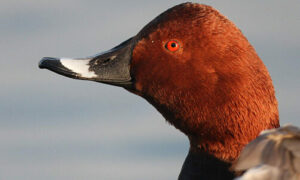
Reconnaître à coup sûr les principaux oiseaux d'eau
30 January 2022 | 9:00 – 16:00 | Quai Gustave Ador | Muséum d’histoire naturelle de la Ville de Genève
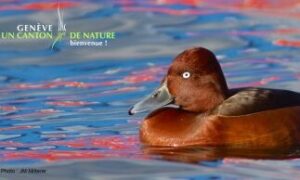
Sous les pavés, la plage… et les roseaux !
30 January 2022 | 11:00 – 12:30 | Plage publique des Eaux-Vives | Etat de Genève

Les dessous vivants du Léman…
30 January 2022 | 14:00 – 15:30 | Plage publique des Eaux-Vives | ASL
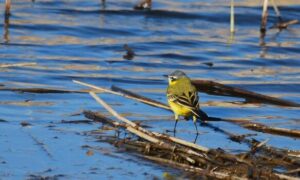
Le Léman, un lac exceptionnel ?
30 January 2022 | 15:30 – 16:30 | Plage publique des Eaux-Vives | Groupe ornithologique du bassin genevois

Visite guidée de la Pointe à la Bise
30 January 2022 | 13:00 – 14:00 | Pointe à la Bise | Pro Natura Genève
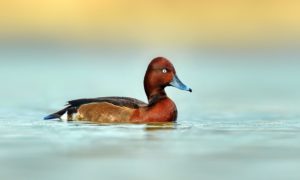
Les canards de la Rade
30 January 2022 | 13:00 – 17:00 | Pavillon Plantamour | La Libellule

Acting for Wetlands Challenges and Opportunities
31 January 2022 | 15:00 – 16:15 | YouTube Live | Ramsar Convention Secretariat
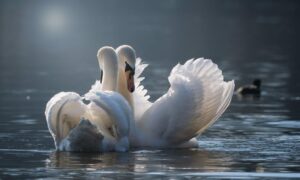
La vie amoureuse (et sexuelle) des oiseaux
3 February 2022 | 19:00 | Musée du Léman, Quai Louis Bonnard 8 1260 Nyon | Musée du Lèman
The Role of Geneva
As a global hub for environment governance and the host region of the Secretariat of the Convention on Wetlands, Geneva is key place to protect wetlands and reverse the trend of global loss of wetlands. Many organizations are active in the region to conserve wetland areas locally and globally. Learn more about the importance of wetlands and the role of Geneva in our update below.

